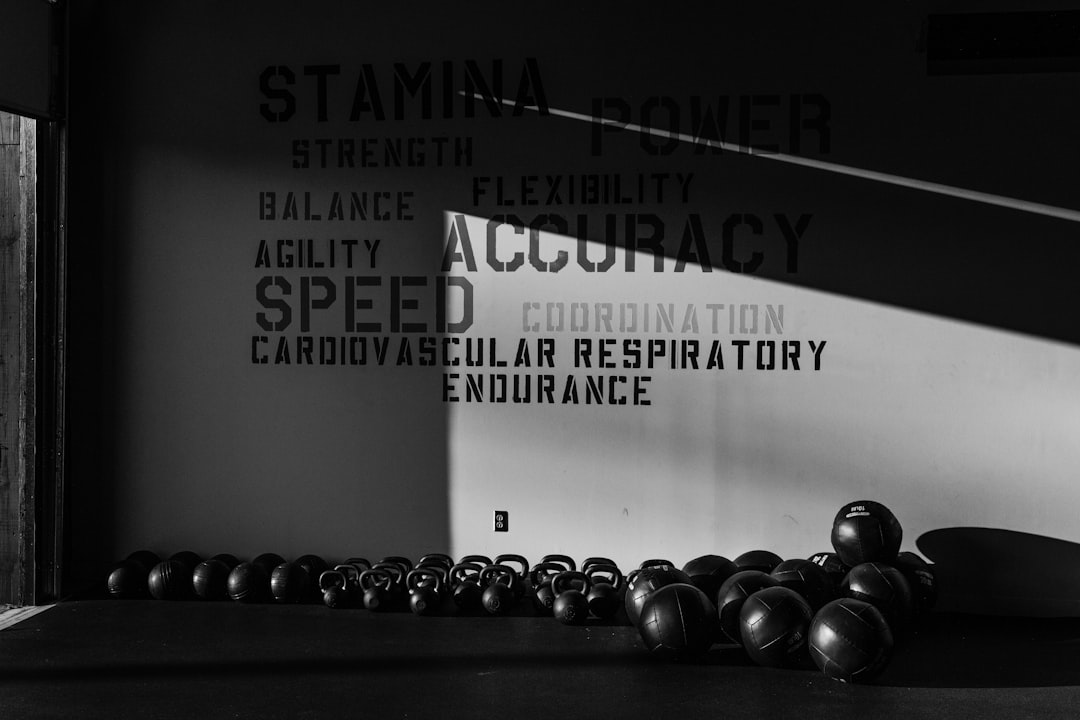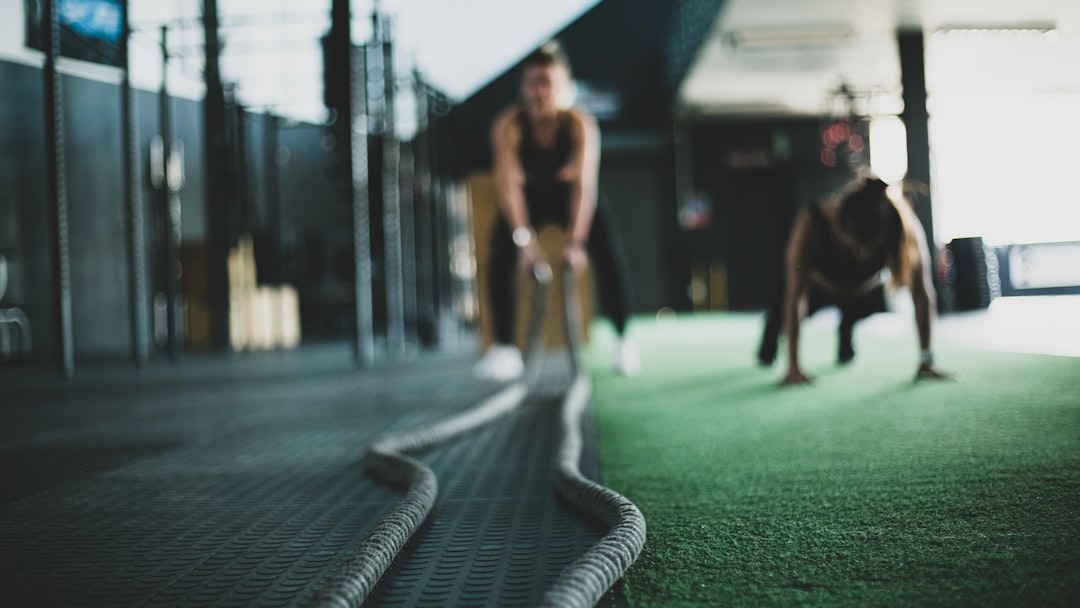Arv, turn that brain off
There are broadly two kinds of people - I am the kind that over-thinks stuff in my head. I want to break it down, I want to process it, fully understand it and then apply it. When it comes to things like sport or lifting weights, technique breakdown and behaving robotically is NOT the best way forward. But unfortunately, that was my only way of doing things.
Adrian Bozman, one of my coaches at SFCF, bore the brunt of most of my questioning. When I started training, I knew nothing about nothing. I shut up and did things. But once I was able to get a feel for things, I wanted to absorb more and more and I did that by asking questions. My reasoning was that if I could store all of it in my head, I would improve my results quickly.
Finally, one day, Adrian just smiled when I asked my inevitable question after he explained the workout. And told me some of the most important words I needed to hear - "Arv, turn that brain of yours off".
I was getting in my own way
Most of us have been taught technique in sport in a very specific fashion. Do this. Then, do this. Then, do that. Take your foot to the pitch of the ball, keep your head still, keep that elbow up (cricket). This correct technique is absolutely important but most times, getting there is not about 1-2-3.
Why? At least in the S&C (Strength & Conditioning) world, the neuromuscular co-ordination and adaptation required takes many months to build. Proprioception or knowing if your back is straight and fixing it by responding to a cue given by your coach takes a lot of time to develop.

We need to allow time and focused repetitions to develop this in us. We need to get a feel for things and slowly see what's working well and what's not working well.
self-criticism and judgment
What happens when we think too much and have this "list of correct techniques to employ in a kettlebell clean" is we then start to criticise ourselves. Every repetition done is compared to the laundry list of technical things to get right and almost always, we find 5 things to poke holes at. We just don't focus or congratulate ourselves on the things we got right but on the things we just did not.
What this observation tinged with criticism and judgment does is it starts to get us to think about things even more. We get more rigid, we get more tense and we get even lesser flow and feel going. And the reps get worse and worse. The self-criticism gets harsher. It is a vicious cycle.
a different workout that day
The workout after Adrian told me what he did was different. I simply worked and let things be and allowed my coach to tell me what I needed to do. Instead of constantly haranguing with myself and crippling my mind and body with 100s of things to think about and work on.
I felt liberated. I felt happier at the end of that workout. I felt like I had made significant progress. I didn't understand why.
And I felt recharged.
it brought about a change in my approach
It took me years to unwrap that lesson and I am not sure if I am done with it. But I learned a lot out of that one tip.
Being a rather binary thinker back then, I moved drastically to the other side of not thinking about my workouts and just going based on feel. This was the first time in any sphere of life that I did this - in every aspect of my life, I display the same attributes and patterns of thinking (and over-thinking and self-criticism and analysis and all that).
Doing this in training opened this door for me. And I was able to bring about the same mentality in a lot of other things in my life - in writing this blog, for example.
To leave you with some qualities I learned from going based on feel,
- listen to your body. This is a post by itself. It is applicable not only in lifting weights or playing sport but when we are eating, when we are having a stressful day and need to take time off.
- non-judgmental observation. Observing what I am doing rather than analysing it, judging it as good vs bad allows me to see progress made. Because I am not looking at progress as good vs bad. I know where I need to go and I can see myself going there as I observe and let myself be. This has also resulted in drastic reduction in self-criticism.

In the immortal words of Bruce Lee
Don't think. Feel!
Thanks for reading.

